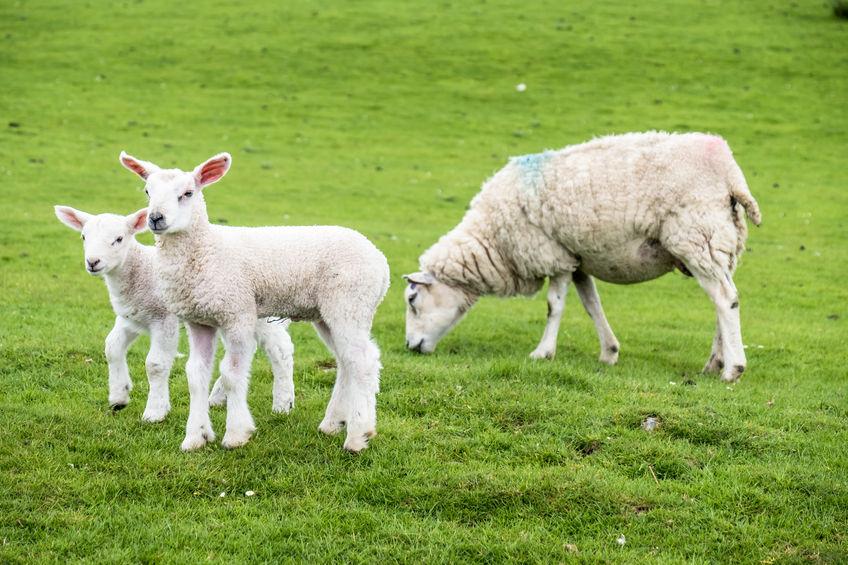
Sheep and cattle farmers have been told to "keep on guard" when it comes to the liver fluke threat risk this autumn.
While liver fluke burdens on pasture are expected to be much lower than last season, experts are warning it is dangerous to assume that applies to all farms, all areas on a farm, or that levels will remain low as the autumn progresses.
Disease caused by liver fluke is an increasingly common, economically important parasitic disease of sheep and cattle in the UK.
Since around 2001, definite changes have been recorded in the regional prevalence, seasonality and severity of disease caused by infections of UK livestock, with particularly high prevalence following a series of wet years and concurrent spread from traditional fluke areas in western UK to normally drier and fluke-free eastern districts.
The Sustainable Control of Parasites in Sheep (SCOPS) and Control of Cattle Parasites Sustainably (COWS) groups are now urging farmers not to take their eyes off the ball.
Speaking on behalf of SCOPS, sheep consultant Lesley Stubbings said: “So far, reports from around the UK support this advice. Experts are warning that farmers must keep on their guard and are predicting that, due to changes in weather patterns, acute liver fluke cases may occur later than normal.”
Advice from both groups include treating sheep with closantel or nitroxynil rather than triclabendazole, and investigate losses by performing a post mortem to establish whether liver fluke is present.
Diana Williams, Liverpool University and a member of COWS said: “Snail numbers on farms were high at the beginning of the season. While the hot dry weather caused numbers to drop during July and August in most locations, this was not the case everywhere, with high numbers of snails observed in some persistently wet habitats.
“This means that although overall numbers of snails are likely to be lower, specific areas of pasture may still present a high risk of fluke.”
John Graham-Brown of NADIS agreed: “The NADIS forecast anticipated that the hot dry weather over the summer months would have reduced snail activity, with lower infection levels of fluke on pasture as a result. Our predictions suggest the peak fluke season may be later and shorter this year.”
On many farms where animals would normally be routinely treated, testing not only aids the timing and choice of treatments but also helps to avoid unnecessary treatments of animals.
SCOPS and COWS are encouraging farmers to consider a range of tools available to them, such as faecal egg count (FEC) testing to indicate if adult fluke are present in the animal, and coproantigen testing to detect the presence of fluke a little earlier than a fluke FEC test.
